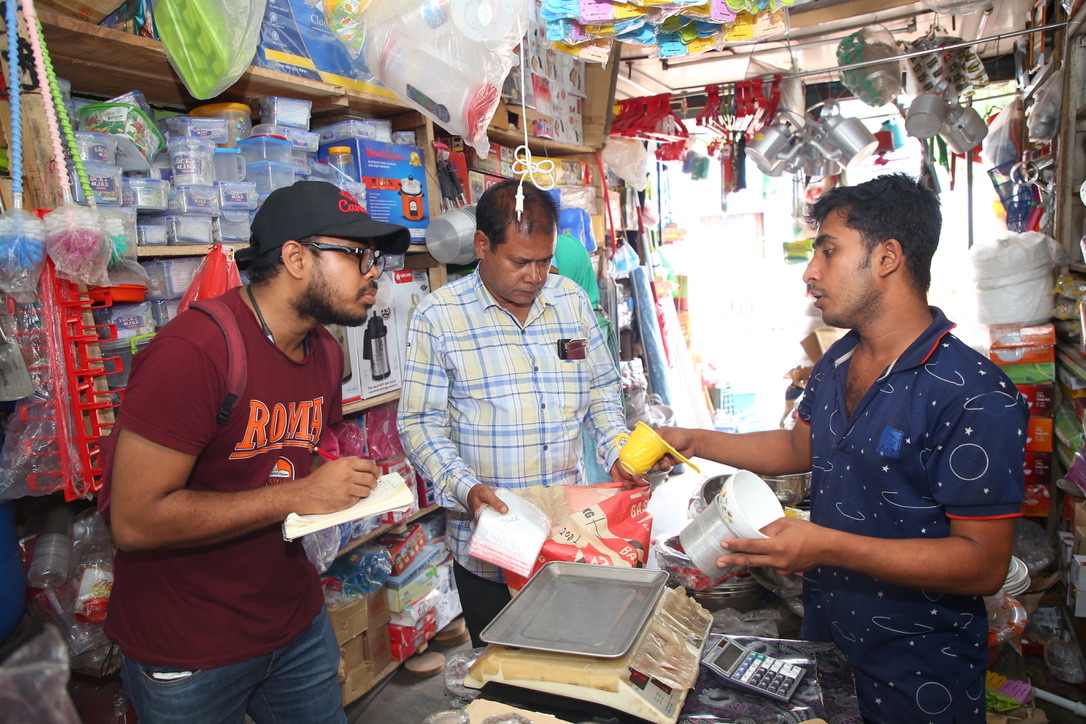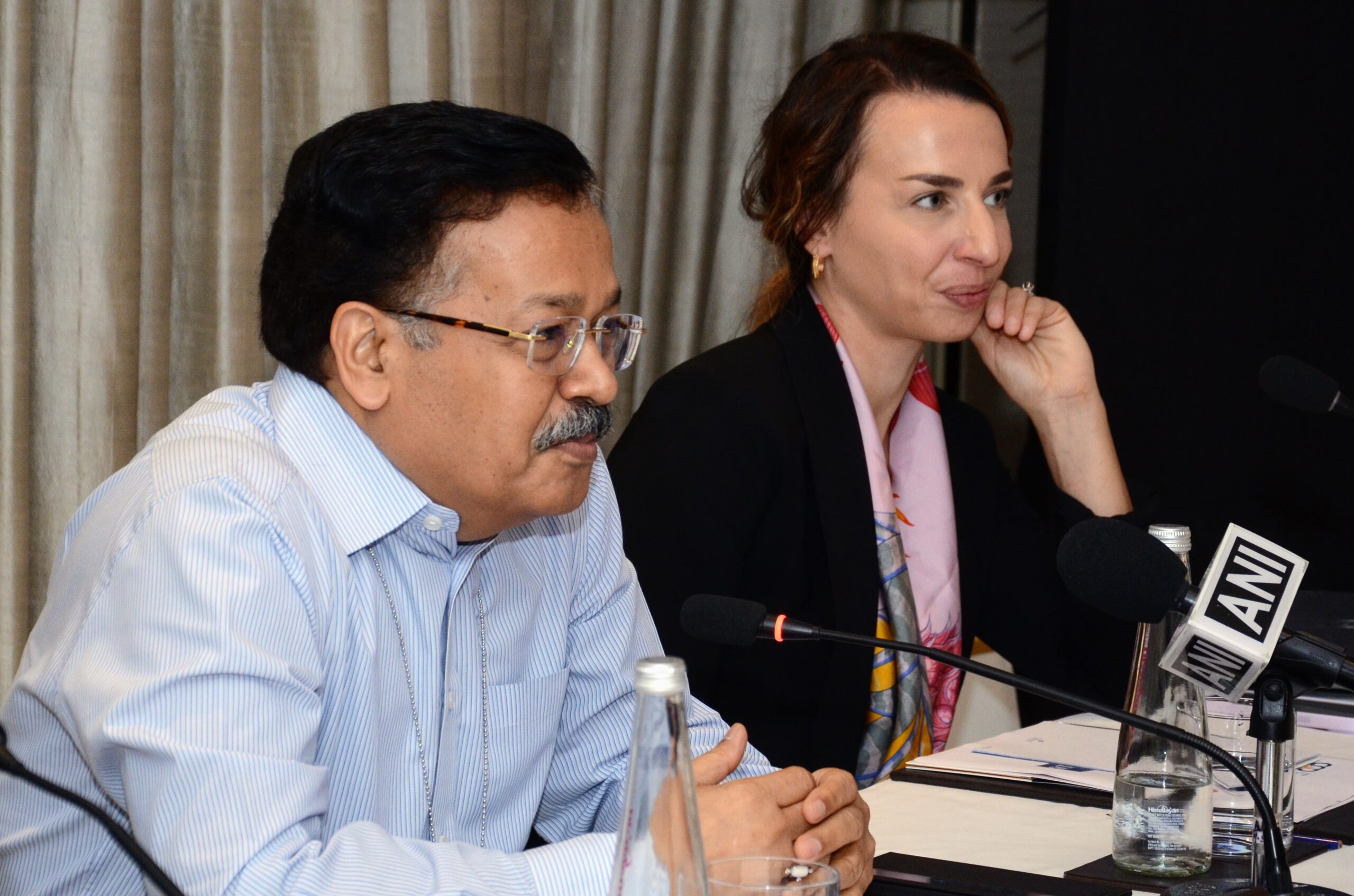World Health Summit
The World Health Summit will feature a workshop aimed at increasing attention to the problem of lead exposure from European aid agencies and other organizations. This grant will cover the workshop's venue costs.
We’re proud to support organizations whose work aligns with our goals. Our grantees are finding evidence-driven and cost-effective ways to measure, mitigate, and bring about mainstream awareness of the problem of lead exposure.


$17,000,000 • Measurement, Mitigation
Pure Earth works on addressing pollution in low and middle income countries, with a particular focus on lead exposure.
This grant covers projects to mitigate lead exposure in over ten different countries or Indian states, and across a range of sources including spices, ceramics, cosmetics, metal cookware, and lead acid batteries.
Select projects include working with the Indian government to eliminate lead in spices in Bihar and Uttar Pradesh, the first randomized controlled trial replacing lead-contaminated products in households, and interventions to address contaminated cosmetics and metal cookware in Ghana, Nigeria, and Senegal.


$2,700,000 • Mainstreaming
The Center for Global Development (CGD) is a global development think tank focused on reducing global poverty by conducting research and developing policy solutions. CGD started working on lead exposure in 2021, supported by a grant from GiveWell.
This grant supports a continuation of CGD’s lead working groups, the development of actionable policy proposals on various aspects of the problem, active engagement with policymakers and funders, public events and media engagements on lead exposure, and a pool of funding for subgrants to build the evidence base for interventions to address lead exposure.

$3,040,000 • Mitigation
Resolve to Save Lives (RTSL) partners with governments and civil society organizations to scale up activities targeting the world’s leading causes of death.
This grant will support RTSL to work with the Nigerian government on lead exposure reduction, with a focus on lead in cosmetics. It will assess the levels of lead in cosmetics, embed staff with government agencies to support regulatory efforts, and strengthen the government’s capacity to measure lead contamination by providing portable XRF devices and training.
We’re excited about this grant because Nigeria has both a large burden of lead exposure and a high degree of political will to make progress on the issue.
The World Health Summit will feature a workshop aimed at increasing attention to the problem of lead exposure from European aid agencies and other organizations. This grant will cover the workshop's venue costs.
Pahle India is a relatively new think tank in India founded by Rajiv Kumar, who was previously Vice-Chairman of NITI Aayog, a government think tank. This grant supports a working group on lead exposure in India (which is estimated to comprise ~30% of the burden of lead exposure), and the development of a set of policy proposals for the Indian government.
As the Secretariat of the Partnership for a Lead-Free Future, UNICEF coordinates action by partner organizations, seeks out new partners, and hosts a central knowledge hub. This grant supports UNICEF’s efforts to staff the Secretariat.
The Institute for Health Metrics and Evaluation (IHME) runs the Global Burden of Disease study — the most commonly used source for estimates of mortality and disability worldwide. This grant will support IHME’s work to expand their modeling of health risks from lead exposure, and to develop forecasting models to quantify the potential impact of lead exposure policies and interventions.
The Clinton Health Access Initiative (CHAI) works closely with health ministries in over 30 countries to improve the function of health systems. CHAI will use this funding to scope potential programs to address lead exposure in high-burden countries, and to prepare a proposal for a large-scale follow-up grant.
We made a second grant to the Pahle India Foundation in support of its continued work to convene major actors and drive progress in the lead space in India. Pahle India will use this funding to organize national and state-level meetings, partner with state governments to implement state-based interventions, share research with key stakeholders, create playbooks for lead mitigation, and purchase two pXRFs (portable lead detection devices).
This grant supports a research consortium including Professor Adam Kiefer, Dr. Jenna Forsyth, and the Lead Exposure Elimination Project to develop a procedure for using portable X-ray fluorescent (pXRF) analyzers to reduce the cost of lead paint testing.